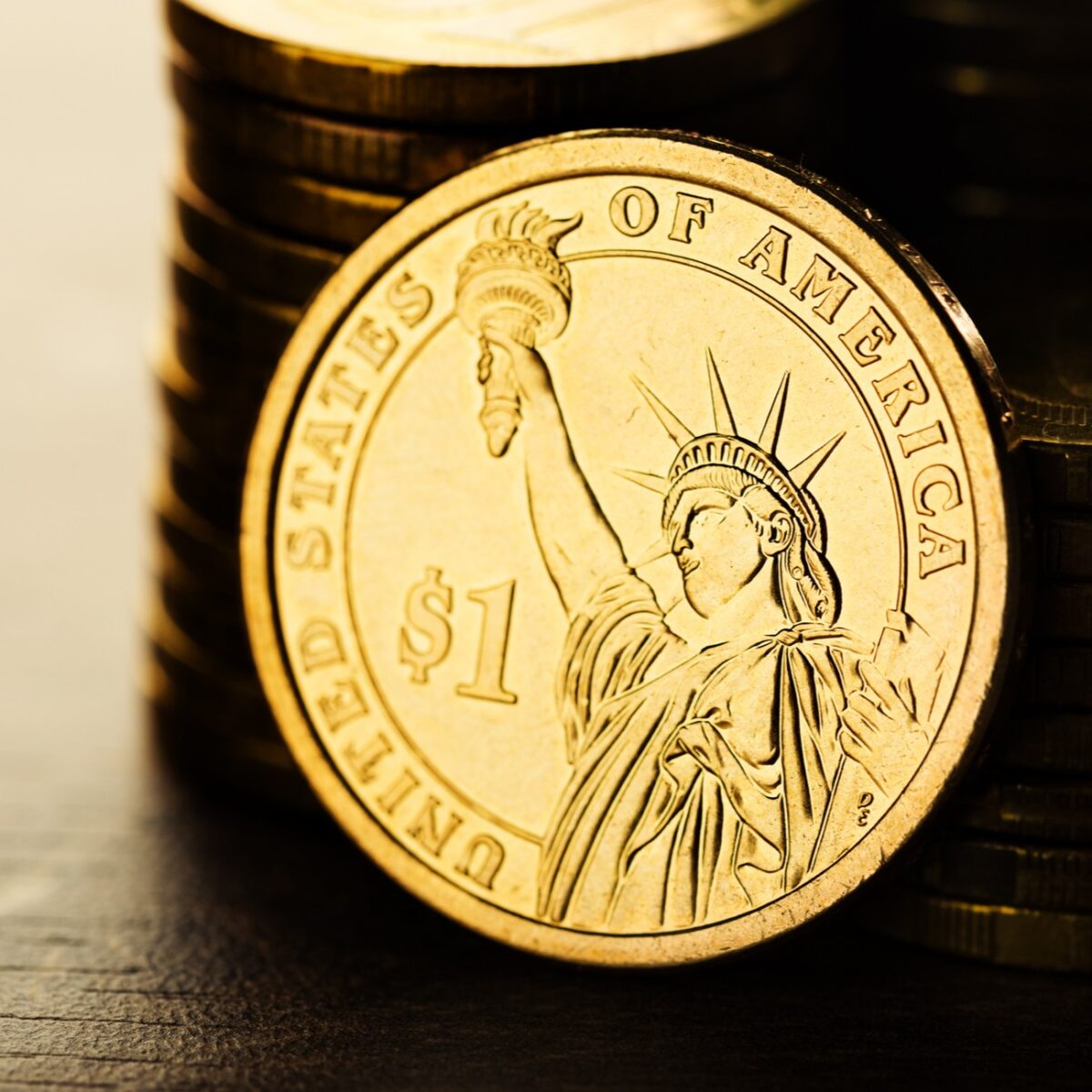PALO ALTO, Calif. (Reuters) - The Federal Reserve is taking a look at a broad variety of issues around digital payments and currencies, consisting of policy, style and legal factors to consider around potentially providing its own digital currency, Guv Lael Brainard stated on Wednesday. Brainard's remarks recommend more openness to the possibility of a Fed-issued digital coin than in the past." By transforming payments, digitalization has the possible to provide higher worth and benefit at lower expense," Brainard said at a conference on payments at the Stanford Graduate School of Organization.
Central banks globally are discussing how to handle digital financing technology and the distributed journal systems used by bitcoin, which guarantees near-instantaneous payment at potentially low cost. The Fed is establishing its own day-and-night real-time payments and settlement service and is currently examining 200 comment letters sent late last year about the proposed service's design and scope, Brainard stated.
Less than two years ago Brainard informed a conference in San Francisco that there is "no engaging demonstrated need" for such a coin. But that was before the scope of Facebook's digital currency ambitions were extensively known. Fed officials, including Brainard, have actually raised concerns about customer protections and information and personal privacy dangers that might be positioned by a currency that might enter use by the 3rd of the world's population that have Facebook accounts.
" We are teaming up with other central banks as we advance our understanding of central bank digital currencies," she said. With more nations looking into releasing their own digital currencies, Brainard stated, that includes to "a set of factors to also be ensuring that we are that frontier of both research study and policy development." In the United States, Brainard stated, issues that need study consist of whether a digital currency would make the payments system much safer or simpler, and whether it could present financial stability dangers, including the possibility of bank runs if money can be turned "with a single swipe" into the central bank's digital currency.
To counter the monetary damage from America's unmatched national lockdown, the Federal Reserve has actually taken unprecedented steps, consisting of flooding the economy with dollars and investing straight in the economy. The majority of these moves received grudging approval even from lots of Fed skeptics, as they saw this stimulus as needed and something only the Fed could do.

My new CEI report, "Government-Run Payment Systems Are Unsafe at Any Speed: The Case Against Fedcoin and FedNow," information the risks of the Fed's current prepare for its FedNow real-time payment system, and proposals for main bank-issued cryptocurrency that have actually been called Fedcoin or the "digital dollar." In my report, I discuss issues about personal privacy, data security, currency control, and crowding out private-sector competition and innovation.
Supporters of FedNow and Fedcoin state the federal government needs to produce a system for payments to deposit immediately, rather than encourage such systems in the private sector by lifting regulatory barriers. But as noted in the paper, the economic sector is providing an apparently unlimited supply of payment technologies and digital currencies to fix the problemto the degree it is a problemof the time gap in between when a payment is sent and when it is gotten in a savings account.
And the examples of private-sector development in this location are lots of. The Clearing House, a bank-held cooperative that has been routing interbank payments in various types for more than 150 years, has actually been clearing real-time payments because 2017. By the end of 2018 it was covering 50 percent of the deposit base in the U.S.